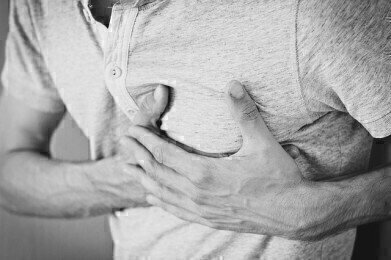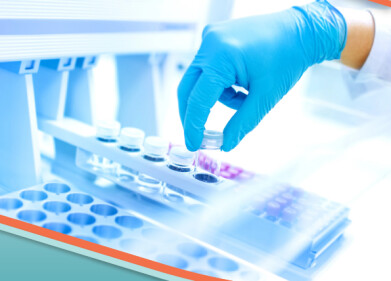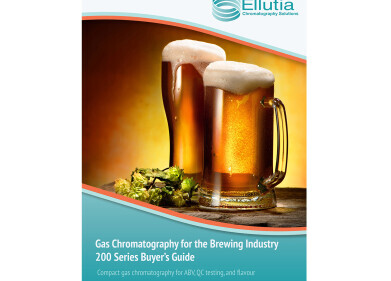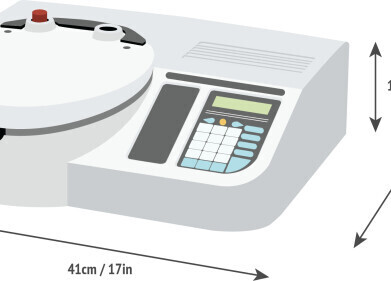Chromatography
Can Animals Have Heart Attacks?
Aug 16 2019
Humans may be at the top of the food chain but when it comes to cardiac health, they're the only species prone to heart attacks. The findings come from a new study published in the Proceedings of the National Academy of Sciences, which explains how the deactivation of a single gene afflicts humankind with the risk of heart attacks. Between two and three million years ago, humans underwent a genetic mutation that deactivated CMAH, a gene responsible for producing a sugar molecule called Neu5Gc. The molecule is present on the surface of cells in all animals, except for humans.
A mutation millions of years in the making
Scientists muse that several million years ago, a genetic mutation cancelled out CMAH in the early ancestors of humans, but skipped close relatives such as chimpanzees, gorillas and orangutans. As modern day humans are resistant to certain strains of malaria that can infect chimps and other apes, scientists reason the mutation may have been a defensive move to protect the body against a prehistoric form of malaria, which attached itself to Neu5Gc molecules.
While this may have protected early humans against the mosquito borne disease, today the mutation could be responsible for a high prevalence of atherosclerosis, a form of cardiovascular disease that clogs arteries and causes around 33% of fatalities across the globe. While most cases are triggered by factors such as smoking, high blood cholesterol, obesity and hypertension, around 15% of all atherosclerosis heart attacks are unexplained and accompanied by no risk factors.
Red meat rich diets increase risk of heart attacks
To test the theory, scientists deactivated the CMAH gene in laboratory mice to trigger a Neu5Gc deficiency. They then compared heart attack statistics and found that Neu5Gc deficient mice were 1.9 times more likely to experience heart attacks than their regular counterparts. When Neu5Gc deficient mice were put on a red meat heavy diet the results worsened, causing a 2.4-fold increase in cases of atherosclerosis. This is because red meat is not only high in protein, but also rich in Neu5Gc. This activates an immune response known as xenosialitis which produces antibodies designed to destroy Neu5Gc, cause inflammation and as a result, increase the risk of a heart attack.
While the findings suggest that diets high in red meat can significantly increase the risk of developing cardiovascular disease, the overall lack of CMAH and Neu5Gc means that all humans, including vegetarians, athletes and non-smokers, are also prone to sudden, unexpected heart attacks.
From cardiac research to pharmaceutical studies, new technologies play a critical role in advancing public healthcare. For an introduction to the latest Thermo Scientific™ TriPlus™ 500 Headspace Autosampler, don't miss 'Simplified, cost-effective headspace GC method for residual solvents analysis in pharmaceutical products.
Digital Edition
Lab Asia Dec 2025
December 2025
Chromatography Articles- Cutting-edge sample preparation tools help laboratories to stay ahead of the curveMass Spectrometry & Spectroscopy Articles- Unlocking the complexity of metabolomics: Pushi...
View all digital editions
Events
Jan 21 2026 Tokyo, Japan
Jan 28 2026 Tokyo, Japan
Jan 29 2026 New Delhi, India
Feb 07 2026 Boston, MA, USA
Asia Pharma Expo/Asia Lab Expo
Feb 12 2026 Dhaka, Bangladesh



















